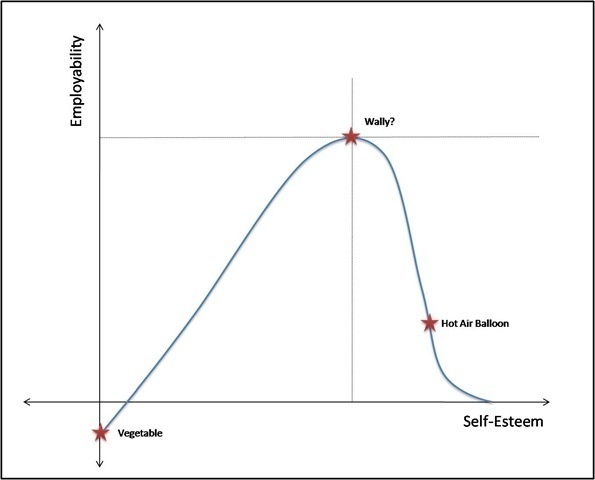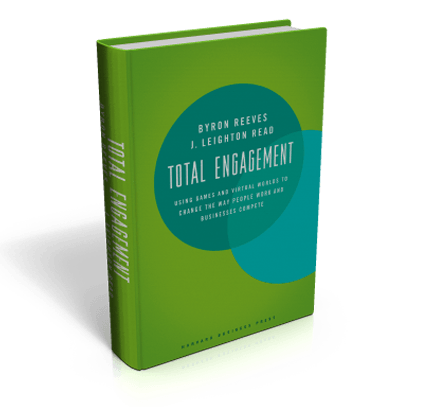 During my brief stint with eYantra, our foundation team did some cool stuff. We also made more than our fair share of blunders. I am just putting it down in one place, so that oth ers can benefit from our experience. On reflecting back, I am glad this happened because it was an eye opener in more senses than one. It was also a stint which significantly boosted my confidence.
During my brief stint with eYantra, our foundation team did some cool stuff. We also made more than our fair share of blunders. I am just putting it down in one place, so that oth ers can benefit from our experience. On reflecting back, I am glad this happened because it was an eye opener in more senses than one. It was also a stint which significantly boosted my confidence.
I worked there for a span of two years, and had to come back to Mumbai because of personal reasons. What happened after that I only came to know through small and infrequent chats with the employees there. Enough to realize that I need to share this with everyone to benefit from the collective’s insights.
The Do’s
- Have high levels of energy. It’s your baby, only you can make it happen and no one else. If this requires sacrificing lazy Saturdays and Sundays, then so be it.
- Your core team can make the difference between a failed idea and a successful venture. Their group dynamics is very important for your venture to succeed.
- Weekly meetings to keep everyone upto par on different tracks. I think this becomes more important with increasing members in the team.
- Show a sense of direction, and be integral to your vision. If you falter, your team looses faith in you. Soul searching (if any) should be done with as small a team as possible.
- When in doubt, discuss. Come to a common agreement with the team to move ahead.
- Be starkly honest to the first set of your employees. Treat them like family. If you are a product oriented firm, then your product development team is to be treated with the utmost respect.
- Get some market traction before your product is ready. That way you will already have a ready buyer for the product.
- (appended) Find differentiators and expound them in the market
- (appended) Believe in your idea. If you don’t believe in it, then no one else will
The Dont’s
- In an e-commerce setup, all the divisions are important. One cannot run without the other. Treat them likewise.
- Under-commit but don’t over-commit. Your reputation is at stake e.g. if you promise someone biryani and deliver daal then it won’t be appreciated, but the other way round, you will have a satisfied customer
- Don’t expect your employee to show the same amount of commitment that you have. You have equity, they don’t.
- Confounding your employees with that variable performance bonus … it’s more of a disabler (suggestions welcome here). (amended) If you still want to have that variable, then have complete transparency in how it is calculated, and give your employees a chance to perform by including it in the next round of appraisal.
The list will be re-visited upon and your comments will be integrated into this. Thanks in advance.
Manish Saini writes –
Don’t reduce the pay of your urrent employees in the pretext of the variable, rather introduce as a part of your next round of appraisal.
Ranjith Boyanapalli writes –
DOs would be to “find a valid differentiator” and have your “goto market strategy well in place”.
Mayur Pathak writes –
Every idea needs its own time and grooming. It is important to be persistent enough. Take suggestions though, but dont rely on them. Dont give up just because you lost patience or because some one said so. Come to the office every morning thinking this is going to be the best day ever.
don’t reduce the pay of your urrent employees in the pretext of the variable, rather introduce as a part of your next round of appraisal







